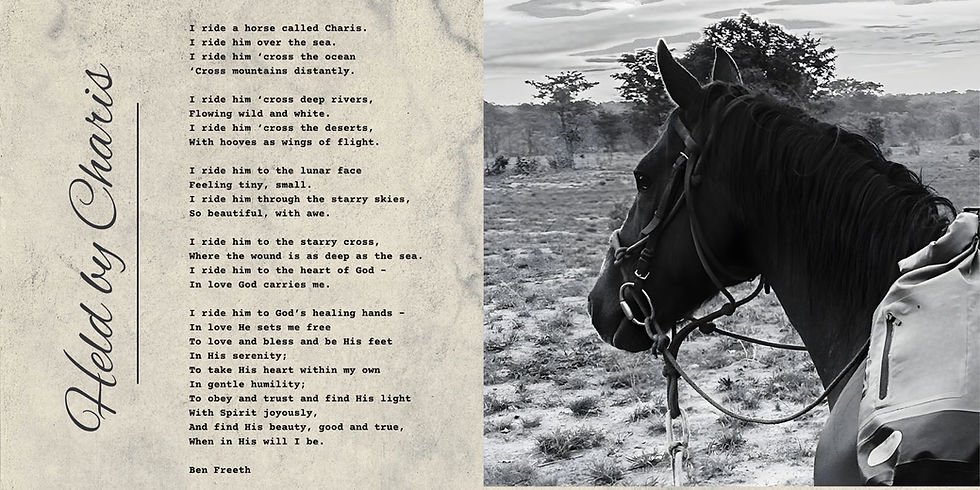
Our Impact
Measuring Success Through Our Achievements

2025
20,706 Seed Packs
Our free open-pollinated (OPV) seed project for the rural poor
-
Free seed starter packs
-
Planting seeds of hope today nurtures the harvest of tomorrow
-
Empowering communities to grow resilience, independence, and a brighter future.
Our free Foundations for Farming Courses
Conservation agriculture training
-
Making your own compost means you don’t have to buy fertiliser
-
Mulch keeps the moisture in the soil even in severe drought conditions
Our educational
project:
Support Tegatega Christian Primary School
-
Giving 180 children the chance to learn to read, write, study and grow
1,740 miles/ 2,800km
Seeking justice, correcting oppression “Long Ride for Justice”
-
Ben Freeth has walked/ridden 1,740 miles/2,800km to call for the re-opening of the SADC Tribunal regional court of justice

Cathy Buckle: 90 days to stop the coup on Zimbabwe’s Constitution
The ZANU PF government’s Constitution of Zimbabwe Amendment Bill (No 3) proposes that the President will no longer be elected by the people of Zimbabwe but instead be chosen by the members of parliament. It proposes that the Presidential term of office will be extended from 5 to 7 years and that extension will apply to both the current President and to all the Members of Parliament. [However], Zimbabwe finally woke up this week. Voices were raised, meetings were held and Press Conferences convened. Zimbabwe has just 90 days to stop this coup on our Constitution. Dark days lie ahead.

Silenced for Reporting: Zimbabwe’s war on the press with Blessed Mhlanga
In his address at the 18th Geneva Summit for Human Rights & Democracy on 18 February 2026, Zimbabwean journalist Blessed Mhlanga said he was held in pre-trial detention for 73 days, charged with incitement to public violence after covering press conferences by outspoken war veteran Blessed Geza who had called for President Mnangagwa’s resignation. Mhlanga described the new face of repression in Zimbabwe as “lawfare” and cautioned that the worst is yet to come. “Zimbabwe has not become any more democratic, it has just become more sophisticated in its oppression.”
![Demonstration by ZLHR on Int HR day 10 Dec 25 [1].jpg](https://static.wixstatic.com/media/dbd636_b1aa8574421d4975ab21e38c0ead5efb~mv2.jpg/v1/fill/w_980,h_515,al_c,q_85,usm_0.66_1.00_0.01,enc_avif,quality_auto/Demonstration%20by%20ZLHR%20on%20Int%20HR%20day%2010%20Dec%2025%20%5B1%5D.jpg)
Human Rights Watch World Report for 2026 - Zimbabwe Chapter: Events of 2025
The latest Human Rights Watch World Report for 2025 stated that the Zimbabwean government had continued its crackdown on dissent. It noted that the authorities had intimidated, harassed, threatened, and arbitrarily arrested journalists, political opposition members, and civil society activists. It had also intensified restrictions on civic space and freedom of expression, association, and peaceful assembly, including through legislation, notably the Private Voluntary Organizations Amendment Act. It expressed concern that the SAPES Trust offices had been destroyed in a suspected arson attack.
Latest News from Zimbabwe

Get Involved
Join us in making a difference in Zimbabwe’s future. By supporting The Mike Campbell Foundation, you become part of a movement dedicated to restoring justice, democracy, and human rights.
Together, we can rebuild the country’s agricultural sector, protect property rights, and provide vital support for education, farm workers, and communities in need. Your involvement today helps pave the way for a brighter, more prosperous tomorrow for all Zimbabweans.
Together, we are a beacon of hope.




